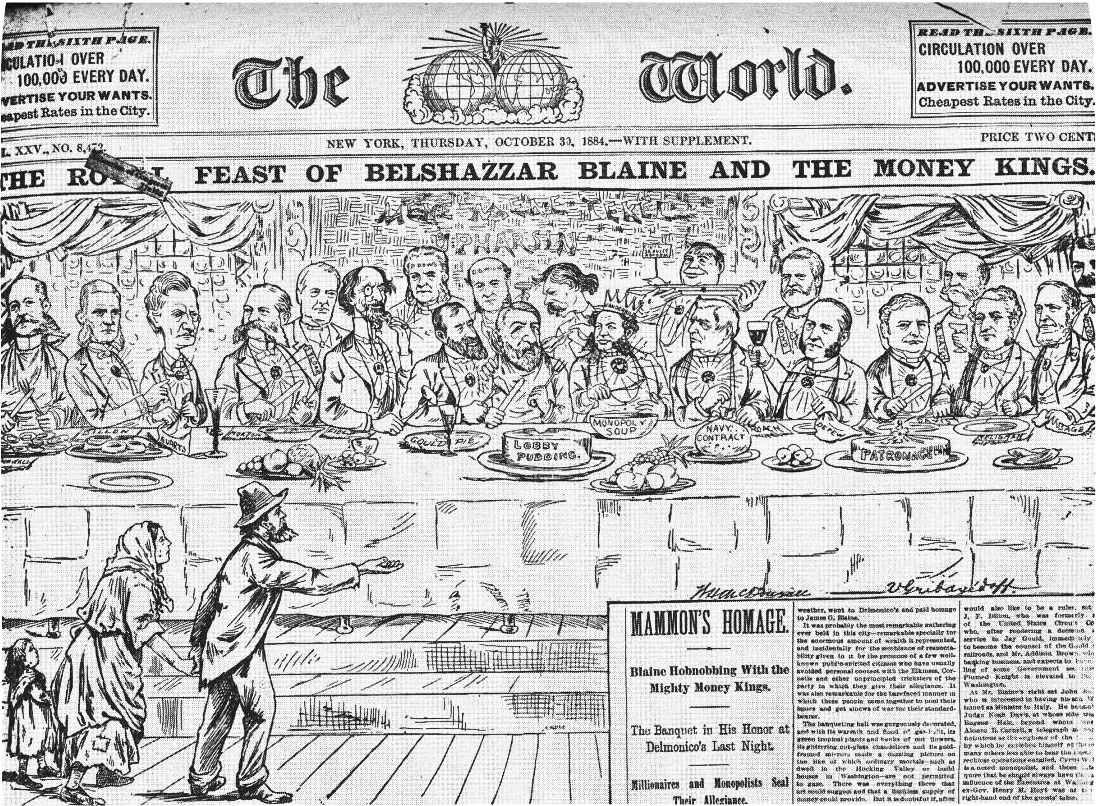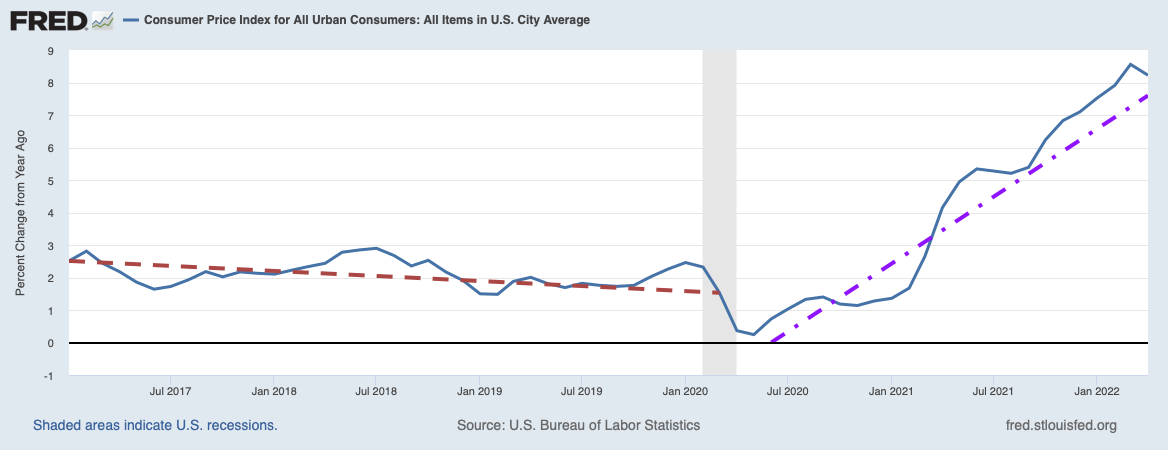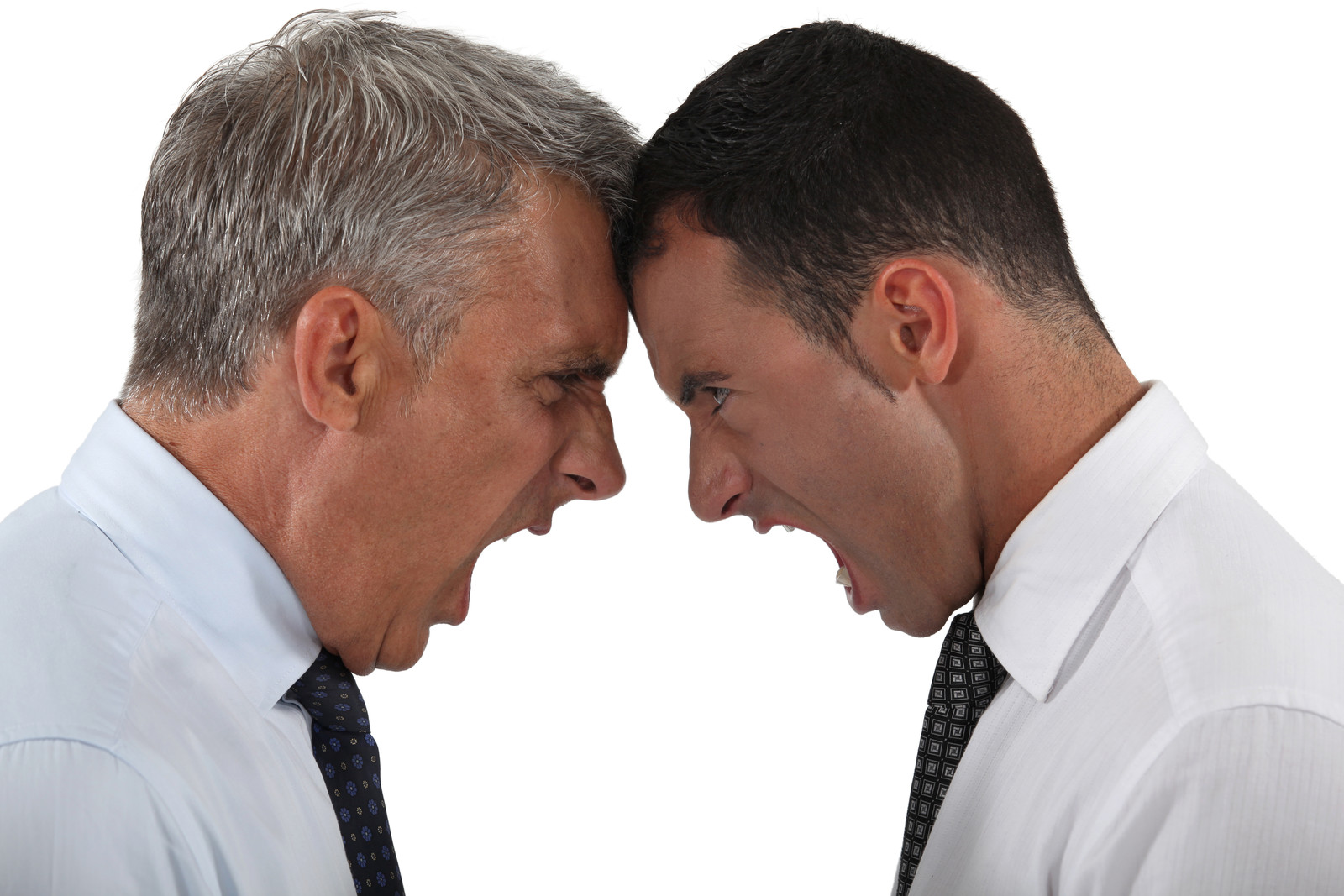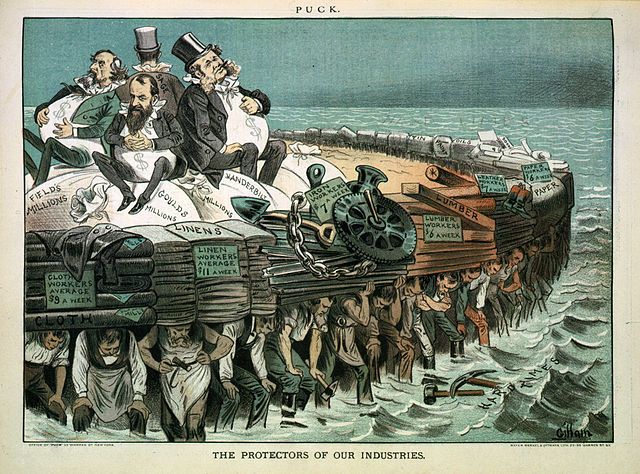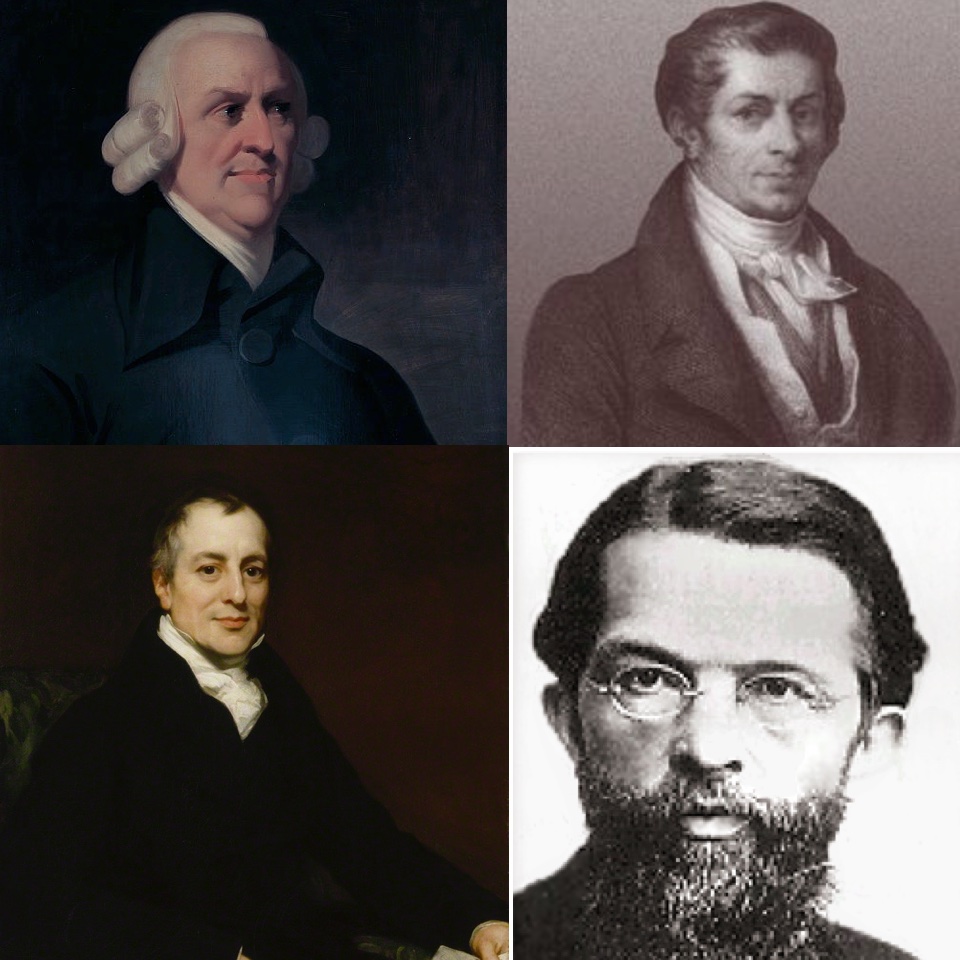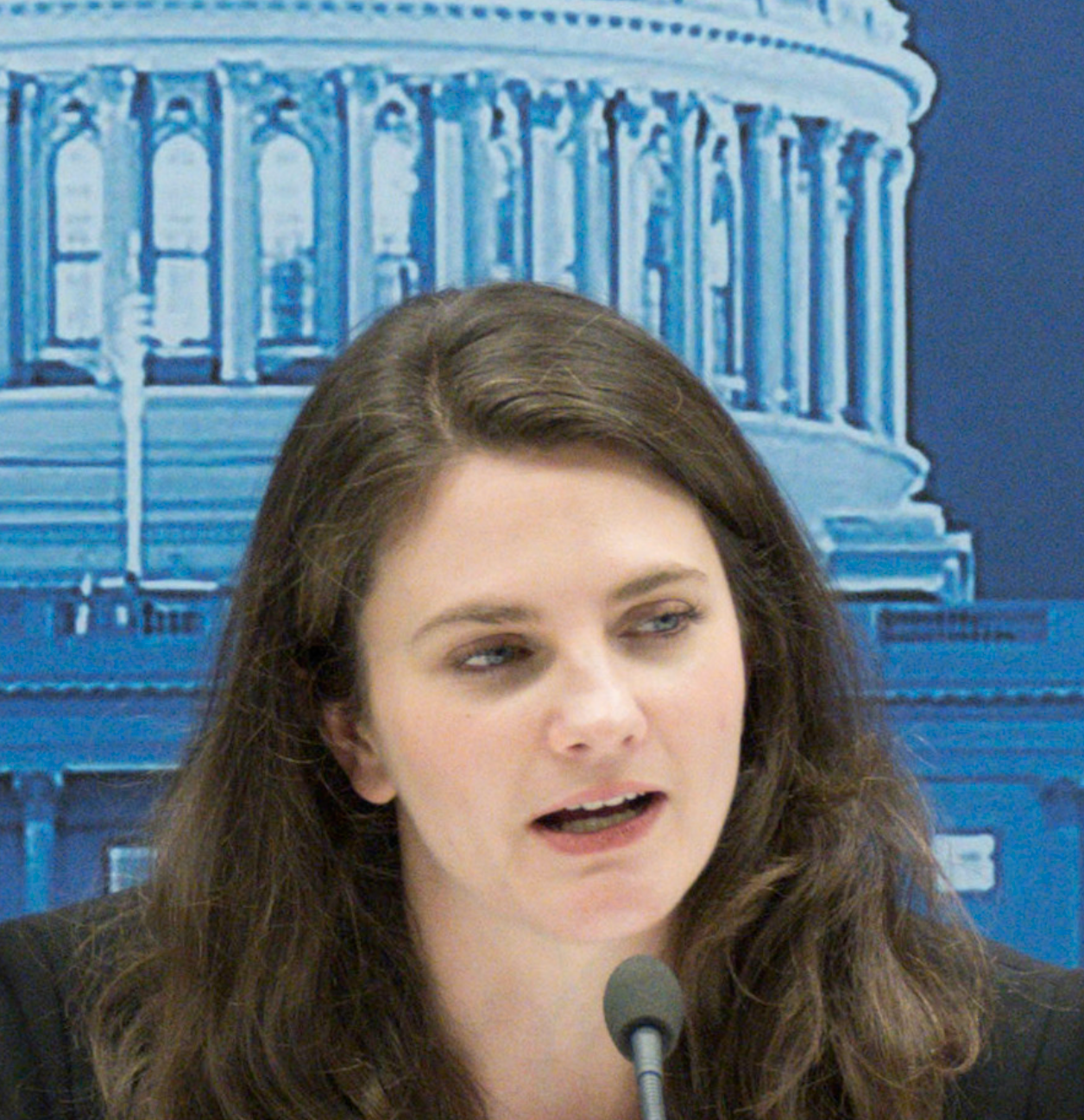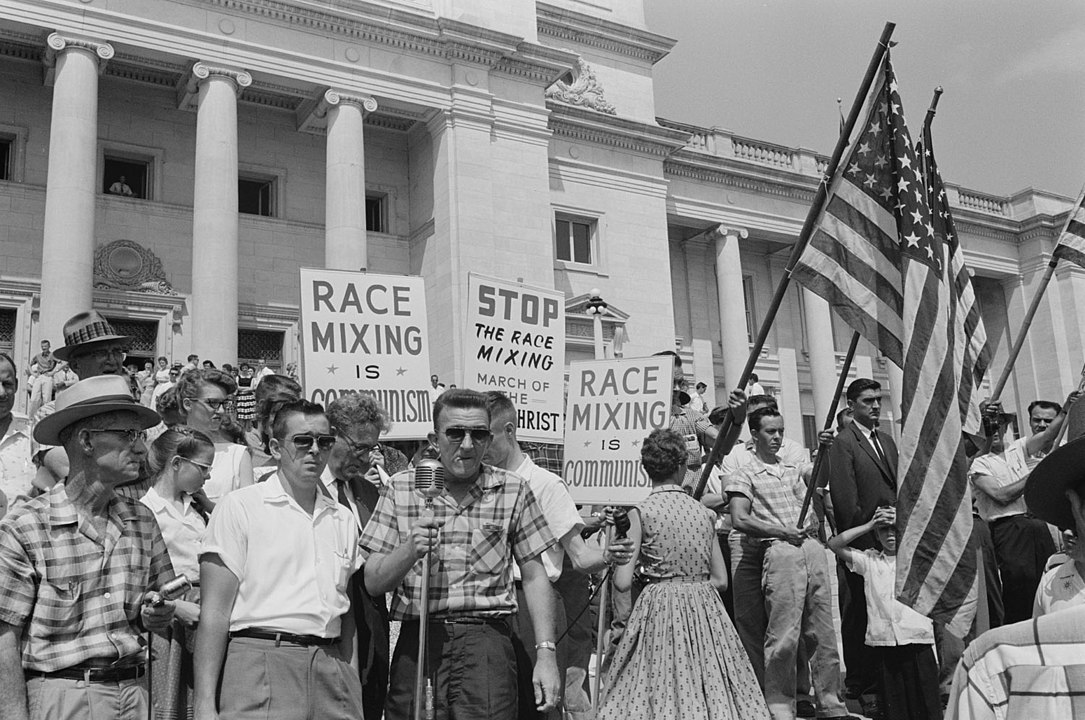Is The United States a Racist Country?
We hold these truths to be self-evident, that all men are created equal, that they are endowed by their Creator with certain unalienable Rights, that among these are Life, Liberty and the pursuit of Happiness.–That to secure these rights, Governments are instituted among Men, deriving their just powers from the consent of the governed.
U.S. Declaration of Independence, July 4, 1776
Over and over again, we hear the progressive Left accuse the United States of being a fundamentally racist country. They tell us we really do not believe in the words quoted above from our Declaration of Independence. During my youth in the 1950s, American racism itself was an epidemic. At that time it was an open question whether or not the United States was a racist country.
Can a People Fundamentally Change over Time?
As everyone knows, the United States has had a very long history of racism, beginning with the very first slaves imported from Africa in 1619 to the British- American colonies. (The first black slaves in North America were brought by the Spanish to present-day North Carolina in 1526, and later to St. Augustine, Florida in 1565.)
The date of 1619 has provided the name for the 1619 Project. This project, begun by The New York Times Magazine in 2019, purported to reinterpret all of American history as a result of endemic white racism. The journalist who started the project, Nikole Hannah-Jones, was awarded a Pulitzer Prize for “commentary.”
The project did not stay confined long within The New York Times Magazine. The Pulitzer Center on Crisis Reporting, a think-tank unaffiliated with the Pulitzer Prizes, was soon providing lesson plans and other materials for high school and university students based on the project.
Yet, it did not take long for academic resistance to the project’s assertions to appear. Five university history professors — Sean Wilentz (Princeton), James McPherson (Princeton), Gordon Wood (Brown University), Victoria Bynum (Texas State University), and James Oakes (City University of New York) — wrote a letter of vehement dissent to the editors of the Times. In it, the professors stated the 1619 Project held errors on “matters of verifiable fact” that “cannot be described as interpretation or ‘framing’.” They stated further the project displayed “a displacement of historical understanding by ideology.”
An example of the kind of errors to which the dissident professors referred is the motivations the 1619 Project gave to the founding fathers. In their letter to the Times, the five professors wrote,
. . . the project asserts the founders declared the colonies’ independence of Britain ‘in order to ensure slavery would continue.’ This is not true. If supportable, the allegation would be astounding—yet every statement offered by the project to validate it is false.
“The 1619 Project” Enters American Classrooms
www.educationnext.com
In addition, they wrote,
The project criticizes Abraham Lincoln’s views on racial equality but ignores his conviction that the Declaration of Independence proclaimed universal equality, for blacks as well as whites, a view he upheld repeatedly against powerful white supremacists who opposed him. The project also ignores Lincoln’s agreement with Frederick Douglass that the Constitution was, in Douglass’s words, ‘a GLORIOUS LIBERTY DOCUMENT.’ Instead, the project asserts that the United States was founded on racial slavery, an argument rejected by a majority of abolitionists and proclaimed by champions of slavery like John C. Calhoun.
“The 1619 Project” Enters American Classrooms
www.educationnext.com
A professor of history at Northwestern University, Leslie M. Harris, fact-checked some of the initial assertions by the 1619 Project for the Times. Harris wrote,
At one point, she [a research editor for the Times] sent me this assertion: ‘One critical reason that the colonists declared their independence from Britain was because they wanted to protect the institution of slavery in the colonies, which had produced tremendous wealth. At the time there were growing calls to abolish slavery throughout the British Empire, which would have badly damaged the economies of colonies in both North and South.’
I vigorously disputed the claim. Although slavery was certainly an issue in the American Revolution, the protection of slavery was not one of the main reasons the 13 Colonies went to war.
I Helped Fact-Check the 1619 Project Project. The Times Ignored Me.
Politico
The reason why I cite these controversies about the 1619 Project in some detail is that they are emblematic of a major progressive mindset. Progressives, in general, have been very pessimistic about white Americans changing their character over the decades to become less racist. The difference in opinions between Hannah-Jones and the five historians criticizing her work is not really so much about the facts, although there is some dispute there as well. The basic facts about past American racism are well understood by most everyone.
Instead, the heart of the debate is over the effects of that history on the American character. Has that character changed much over the 155 years since the end of the American Civil War? Concerning racism, progressives would have us believe that most Americans (particularly white Americans) have not changed much at all.
The way American history was taught to me and to many others, the U.S. republic was founded as the heir to the Age of Enlightenment and Reason. Unlike previous societies, its Constitution sought to protect its citizens from the power of the state. That fundamental focus, not racism, was at the heart of the American experiment.
Nevertheless, as with all human societies, the United States was made up of imperfect human beings. Americans, so we were taught, strove to correct their mistakes to make “a more perfect union.” In the process, we went through a devastating civil war, a long period of struggle over Jim Crow laws, and the civil rights reforms of the 1950s and 1960s.
Yet, despite all this history, many progressives tell us the United States remains at its core a racist nation. The Minneapolis murder of a black man by a white policeman proves this judgment, progressives say. But is that verdict really true?
The Evidence for Racism
To what empirical evidence can we point to settle the controversy? One set of data is collected every year by the Uniform Crime Reporting Program (UCR) of the FBI. Their hate crime statistics tell us how much hate crime is committed each year. The FBI defines a hate crime as “a committed criminal offense which is motivated, in whole or in part, by the offender’s bias(es) against a race, religion, disability, sexual orientation, ethnicity, gender, or gender identity.” The actual annual reports and statistics on hate crimes from 1996 to 2018 can be found here. The statistics for 2019 are not available yet.
We will focus on the racially motivated hate crimes against whites and blacks. The FBI distinguishes between two types of hate crimes. One type they label “incidents,” which are crimes that can involve any number of people. The second kind they call “offenses,” which are crimes committed on individuals.
If the United States is indeed racist to its very core, we would expect race-motivated crimes to be many and growing. The FBI statistics on such crimes give us the plots below.

Data Source: Federal Bureau of Investigation / OCR
Several facts immediately hit you in the face while looking at these plots. The first is the anti-black crimes outnumber the anti-white crimes by a factor of 3.3 in 1996, and a factor of 2.4 in 2018. That part at least fits the progressive narrative.
The second fact is that hate crimes against both blacks and whites have fallen significantly. This is most especially true about the anti-black hate crimes, which have been approximately halved between 1996 and 2018. The hate crimes against whites have fallen much slower.
The third observation is how very small the hate crimes numbers are compared to the population of the United States. If we sum together the anti-black incidents and offenses in 2018, we get a total of 4,268 crimes for the entire year out of a 2018 U.S. population of 325.5 million. That works out to about 13 anti-black crimes for every one million people. Every such crime is a tragedy to one degree or another, but the existence of these hate crimes hardly constitute an indictment of the entire country for racism.
Since we are questioning American attitudes toward racism, other sets of data we should consult are opinion polls about race. For this purpose, I will use poll results produced by Pew Research Center gathered in February 2019. Of course, this evidence should be eyed with a degree of skepticism. People do have a propensity to tell other people what they think others would like to hear.
The first obvious question is: What do Americans think the state of race relations was like in 2019? Pew Research offered respondents two possible answers: Generally good or generally bad. Given the present environment, it should surprise few that all major racial groups had majorities believing race relations were bad.

Data Source: Pew Research Center
As one would expect, the group with the greatest negative feelings about race relations were blacks with 71 percent believing race relations were bad. However, even 56 percent of whites considered race relations to be bad. Does that mean the U.S. is fundamentally racist? Or does it mean past history makes us incredibly sensitive about racism?
Another important question Pew Research asked was this. Do you think whites and blacks generally get along, or not? A majority of whites (58 percent) and a large minority of blacks (42 percent) thought the races got along very or pretty well.

Data Source: Pew Research Center
What were the perceptions of blacks and whites about the degree of racial prejudice in society? Surprisingly, the next plot tells us that no racial group believes most whites are prejudiced against blacks. Nor does any racial group believe most blacks are prejudiced against whites.

Data Source: Pew Research Center
This is very curious for a supposedly racist nation. Nevertheless, approximately one in five blacks says all or most whites are prejudiced against blacks.
A final indicator of racial attitudes is provided by the answers to the following poll question. Have you ever confronted someone for racially insensitive remarks? If you are a racist, you will not chastise anyone for supporting your own biases. Yet, the following chart shows large majorities of whites and blacks, and a bare majority of hispanics have done just that.

Data Source: Pew Research Center
Any one of these poll results might be challenged as the reaction of people saying what they think others want to hear. Yet, taken altogether, the polls show us a nation where the vast majority of citizens are not racists. Those citizens are demonstrably concerned about the worsening state of race relations. Most, including 42 percent of blacks in 2019, think the races get along with each other “pretty well.” Almost all, including 91 percent of all adults, 94 percent of whites, and 80 percent of blacks do not believe that most whites are prejudiced against blacks. That is what the Pew Research Center polls show.
Those poll results combine with the FBI’s hate crime statistics to show a consistent picture of the United States. The crime statistics show us racially motivated crimes against blacks that are rare and rapidly declining. From all this data, we must admit — if we are logical and fair-minded — that the United States of America is not fundamentally a racist nation.
The Uses of Racism for the American Left
Why, then, does the American Left continually insist that white citizens are fundamentally racist? I say the “American Left” advisedly. There is more than one group that finds the inflaming of racism useful as a political issue. The list includes progressives in general and the Democratic Party in particular. It also includes the news media that has allied itself with the Democratic Party. In addition, it includes Antifa and other anarchistic groups. Each of the players in this game operates independently, yet in concert with the others. Judging from their words and actions, they have very similar motives. I will discuss them in my next post.
Views: 4,655
























